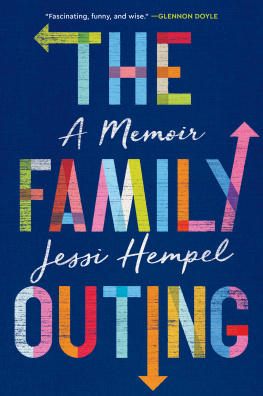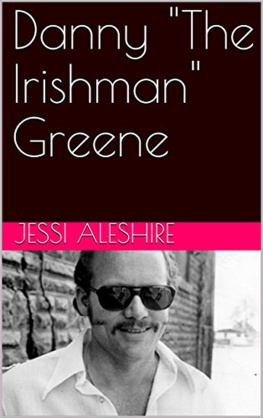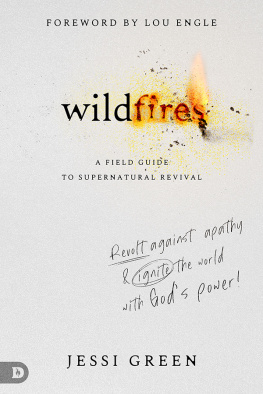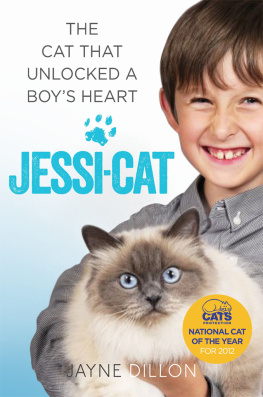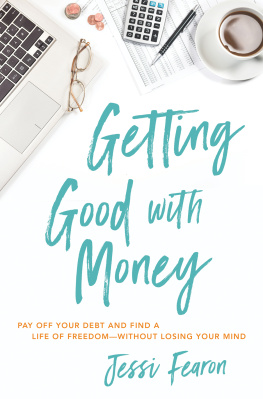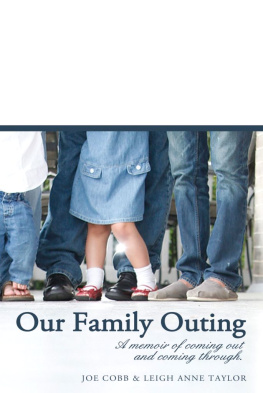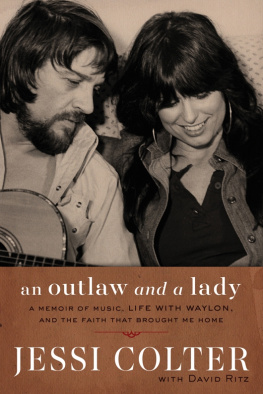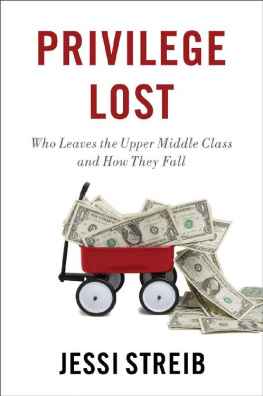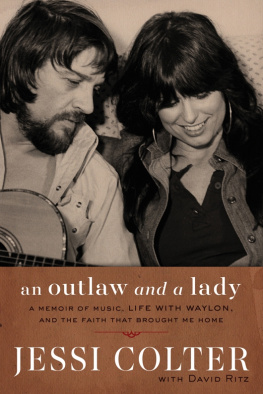Everyone has secrets. I exist because of two secretsone acute and unusual, belonging to my mother, and one common and culturally condemned, belonging to my father. These hidden truths worked their way into the fabric of my being, coming up through me. My parents shame became my shame. Without ever being told, I learned what I could share about myself and what I had to hide. I didnt have a name for this, only a fear that I was in danger.
I dreamed about this before I had language for it. Its my earliest memory that I know to be all my own. I must be almost three, because I dont remember being in my crib. I already sleep in a big-girl bed, with a mesh safety net attached to it. This bed is nestled against one pink-patterned wall of a room where my dad, a law student, studies. Our family lives in a duplex in Acton, Massachusetts, with train tracks that cut a line through the backyard. In a house nearby are Raina and Bill Rice, the landlords. They are retirees who have shells and sea artifacts all over their home from Bills scuba-diving hobby. Raina is a mousy woman with tightly curled white hair. Bill is good-natured, grandfatherly. He gives me orange soda when I visit. But in the dream, I awake to noise outside my window. This is the confusing part, when I am awaking but still asleep in a dreamthe reason that, later, I will be so certain that these events actually happened. Dream-me pulls back the curtain and peeks out the window, and there are Raina and Bill coming toward me, flanked by a fireman and a police officer. The sky behind them is orange and red, dusky, opening up as if it will swallow all of us. Raina has a black pistol. Bill is pointing a green water gun at me. They know what I have done, who I am. If they reach me, they will shoot me. Im sure of it. Im screaming. Im screaming in my sleep so loud that I have screamed myself awake.
Then my mother is there. Shes lifting me up out of my bed, and she sits down in the mahogany rocker that my grandparents in Ypsilanti bought my parents for their first Christmas together. Adrenaline runs through my body as I try to explain the danger. But I dont have enough language yet. I can only express that there is someone outside the window. My mother reaches forward and pulls the curtains open, says there is nothing. I dont believe her.
For a while, this happens most nights. We sit there in the chair. My mother is trying to help me, but she cant understand the danger. I cant communicate it to her. When I think about it then, and even when I think about it now, my arms freeze up so that I cannot lift them. Eventually my mother carries me back to my parents room, to the large waterbed they share. Its one of those mid-1970s mainstays, one big bag of water that sloshes anytime anyone moves. Im sandwiched between my parents. I know that I must lie very still if Im going to be permitted to stay, that I must try to sleep. And there, right there in between their bodies, my moms elbow draped over me, I relax. Im safe. But I can never sleep. I cant stay still, and the waterbed roils like the ocean every time I move. No one is sleeping. Now my parents are annoyed with me. Dad lifts me up to return me to my bed. No, I cry. No. Ill be killed, the landlords are coming for me. Dad carries me through the kitchen and back into our shared bedroom-study. He tucks me into bed and then plops into the rocker, waiting and waiting for me to sleep.
THIS DREAM STAYS WITH ME in the years that follow. I have it when I am six and seven, and I wake up in a cold sweat. By now, Ive learned not to call for my parents when dreams scare me. They cannot make it better. And anyhow, now we live in a four-bedroom split-level on a cul-de-sac in Greenville, South Carolina, and Raina and Bill are still back in Massachusetts. I know as soon as the adrenaline shoots my body into waking that there is no one outside my window. I pad down the hall to the bathroom and pour a glass of water that I drink slowly. This is the first time I remember thinking Im a bad person.
I have the dream at nine, as we move to another new house. We are back in Massachusetts, staying with my aunt while we get settled. Katje, Evan, and I sleep on the floor of my aunts study like a pile of puppies. Katje is five and Evan is three, and as I watch them sleep, Im angry at them for their relative youth and innocence. It doesnt occur to me that they may already have fear and shame, too.
For a little while, the dream comes frequently again. Im nervous about starting another new school. Then I make some friends and get to know my teacher. The dream recedes.
At sixteen, when Ive figured out that (maybe possibly but not for sure) I am gay, the dream comes back. Im old enough to notice how the emotions it conjures are filtered through a younger me, toddler-sized, amorphous and physically grounded in my body. Raina and Bill are there, more muted, with their guns. Now they feel more distant. As scared as I am, Im also curious. In the dream, I know that Im in the dream. I can pause it in still frames, but I cant figure out how to move closer to the figures who are pursuing me. I wake up panicked and sweaty.
The last time I have the dream is when Im twenty-four. I live in the Bay Area, and Ive just started therapy with a therapist I dont perceive to be helpful because I dont feel better after I speak to her. I tell this woman everything I know about myself. Shes like the garbage barge that runs along the bottom of the river dredging up sediment so that the water becomes cloudy, leaving it for something else to clean. Only what I dont realize then is that the work is the dredging. Cloudy waters come clean on their own.
I tell her about the dream, about how it makes me feel. And then I never have it again.
WHAT HAPPENED TO ME? I used to think this question was important, that in its answer was the reason I didnt have the things I thought I wanted in my adulthoodnamely, love, partnership, a relationship whose bottom wouldnt fall out. The security of knowing that the bottom of my own life wouldnt fall out. So starting in my late twenties, Id sit in a therapists office every Thursday morning and explore my memory: Did Bill abuse me? Did someone hurt me? Did the twin secrets of my family doom me?
I thought I was the expert on my messy, overwhelming family then. I thought I understood my parents, that their missteps were both unusual and unfortunate. I thought I understood my brother and my sister, that their indignities were somehow undeserved compared with my own. Ive always been an effective storyteller, I think. If you had asked me about my family back then, I would have held you in an uncomfortable mix of horror and pity with stories about my adolescence, about Moms depression and Dads absence, and then left you laughing with the punch line: We all came out of the closet, and now were okay!
You would feel satisfied with this ending. You would feel better.
I would not.
That was when I believed that pain was earned instead of felt, and I hadnt earned the right to claim it yet. When the feelings came, rising like a tsunami threatening to take me under, I pushed them back. I worked out or went out partying. I drank enough to forget for a few minutes, or I threw myself into an article I was researching. I was thirty by then, a grown woman with a media career and a big hole where I felt a family should be. I wrote cover stories for magazines and had a regular spot on the ABC Newss morning program as a technology expert. And sometimes, because of circumstances that felt largely out of my control and that I couldnt predict, the feelings would overpower me. I had a name for this. I called it the emotional flu. Id sit in the bathroom of my apartment, under the sink, holding my head between my elbows, rocking. Silent screams emerged in heavy gasps. Time collapsed and turned in on itself. I missed deadlines, flaked on email. Once I arrived unprepared for a live spot on CNN. I was booked to comment on the 2012 Olympics, which would be held in London. What do you think of the surprise city choice? the anchor asked me, because evidently everyone thought the location would be Paris. And reflecting back now, I can imagine any number of things I might have been able to say. But at the time, I looked dead-eyed at the anchor and said nothing.

